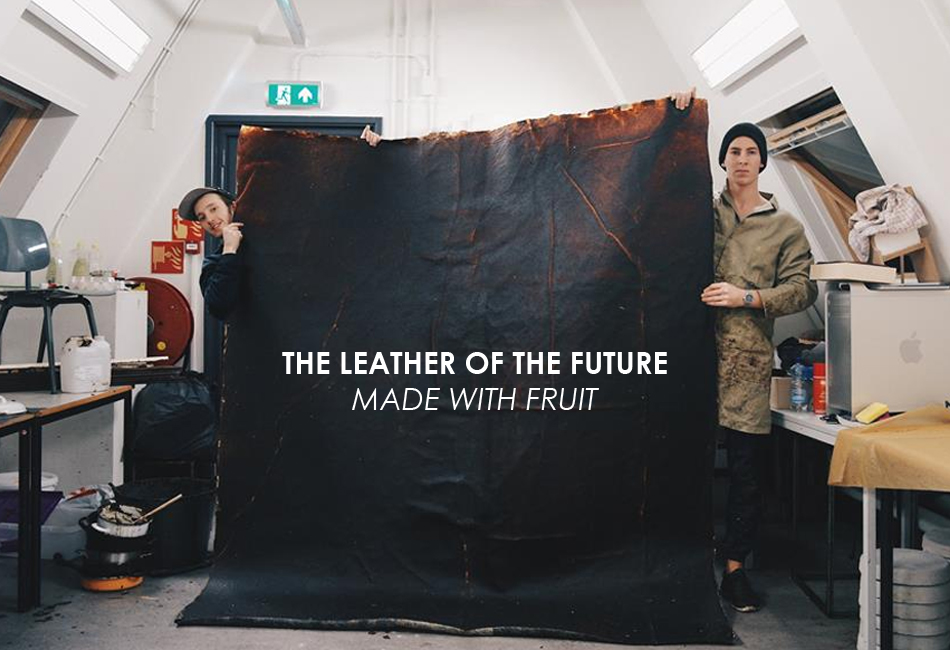Download Free Vegan Starter Kit -
2.png)
An Israeli vegan food startup introduces tuna made from plants
January 14th, 2023
Today, as consumers desire more and more healthy options, meat substitutes are becoming more and more popular. The most promising of plant-based foods has been vegan fish variants, and businesses are already preparing by releasing new items that resemble seafood. One can’t deny that the fish business has faced numerous difficulties in the past decade, including worries about mercury poisoning and environmental issues. All of these elements have combined to influence consumers to choose plant-based fish over traditional tuna for their dinner plates. Indeed, fish made from plants is attracting interest from both startups and established businesses. Businesses are responding to developments in the seafood sector and the rise of vegan substitutes.
And after a year of research and development, an Israeli start-up has developed cruelty-free tinned tuna with the ‘complete sensory experience’ of taste, texture and smell. Vgarden has created a plant-based substitute for canned tuna that it hopes will 'change the tide' on unsustainable fishing methods. Read on for the chief of R&D and co-founder of Vgarden, Omer Eliav, opens up about the most difficult parts of making fish-free from scratch.
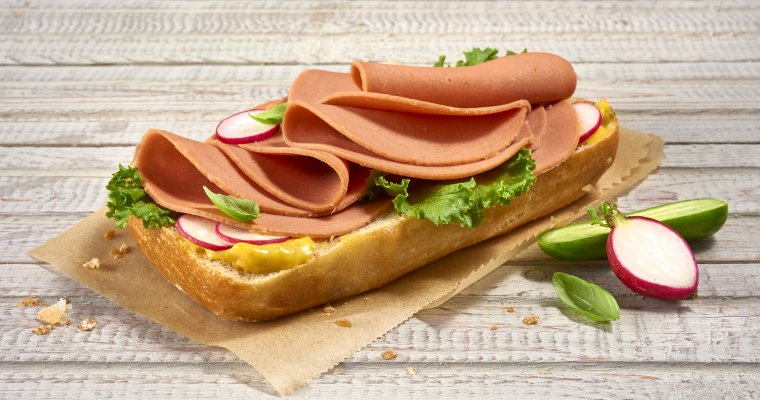
Image Source: V Garden
Why they attempted to create vegan tuna
One of the most consumed fish globally, if not the most popular, is tuna. The market for tuna fish is predicted to increase from $41.06 billion (€38.21 billion) in 2022 to $49.70 billion in 2029. Europe and Asia are the two regions that buy the most canned tuna, which is also a popular and practical source of protein with expanding markets in South America and the Middle East. However, not all tuna fishing is safe for the ecosystem.
According to Tom Rothman, head of global sales at Israeli plant-based start-up Vgarden, "Aquaculture and the overfishing of this in-demand fish has had a devastating effect on their numbers to the point that it has put several species, such as the yellowfin and the Atlantic Bluefin, on the verge of extinction." "This not only compromises food security but also has an adverse effect on the weak and vulnerable marine life.”?
Vgarden Ltd. has created what it calls "game-changing" vegan tinned tuna in Israel. They hope their creation can 'turn the tide' on unsustainable fishing methods and aid in the recovery of the ocean's wild tuna populations.
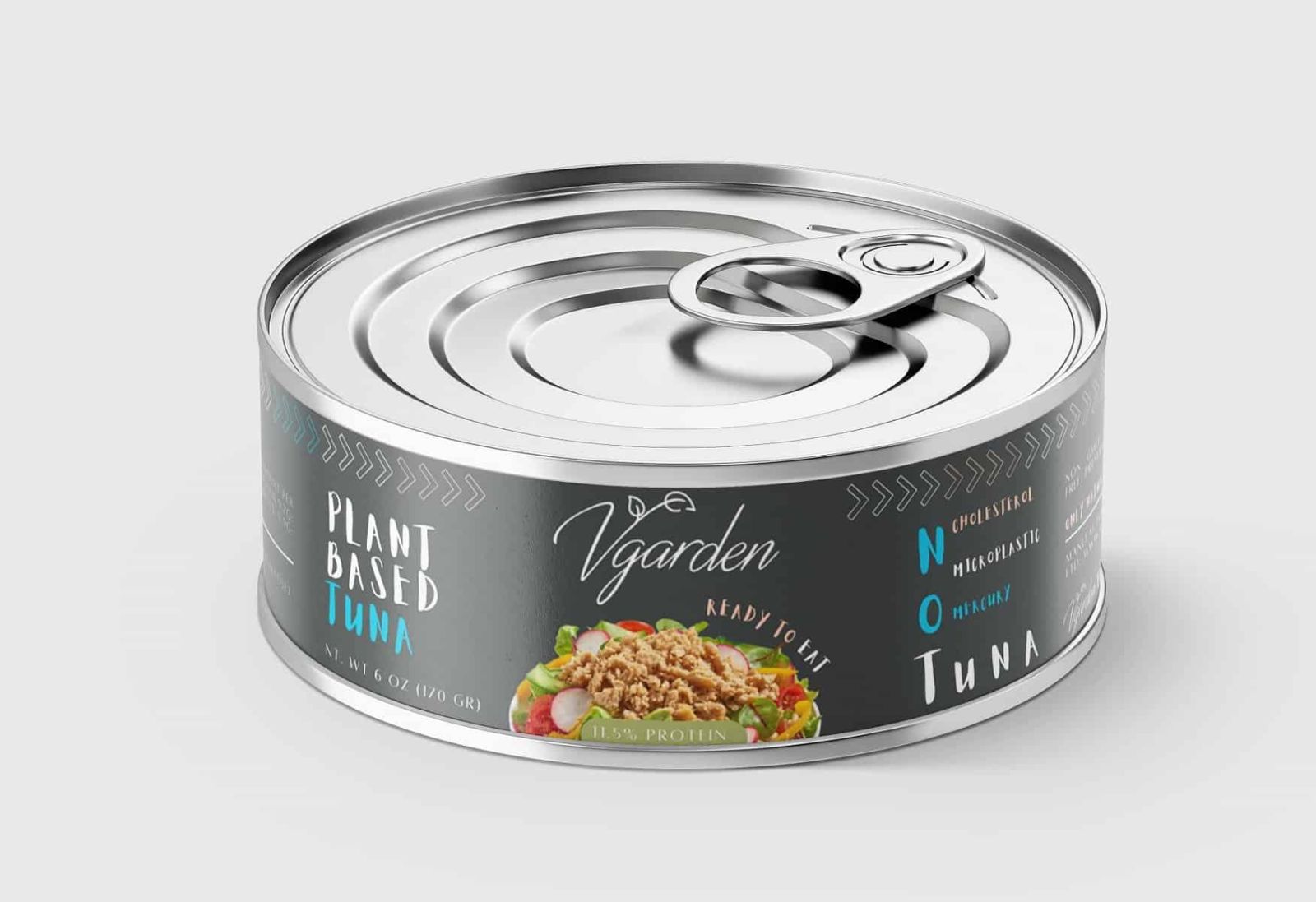
Image Source: V Garden
Recreating the appearance, feel, and aroma of authentic tuna
The goal of the start-up was to use plants to mimic the flavour, texture, and aroma of canned tuna. According to Omer Eliav, co-founder of Vgarden and chief of R&D, this was the R&D team's biggest issue. "Providing the full sensory experience of taste, texture, and fragrance is the toughest obstacle in producing an identical tin of tuna. Not just vegans, but all consumers, too, should find it appealing,” he muses.
The pea protein-based product has a total protein concentration of 11.2%–14%, according to northern Israel-based Vgarden, and is available in chilled pouches and cans.
The start-up boasts that their plant-based tuna has a "unique sea flavour," just like its traditional version. This has not been accomplished with algae, at least not yet, in contrast to previous plant-based seafood substitutes. The distinct sea flavour was produced by combining natural flavourings and using a special manufacturing process to successfully infuse it into the plant materials. However, the company is currently looking into the possibilities of infused algal oil extract, and preliminary testing have shown "promising results". Eliav stated, "We definitely intend to continue this research.”
Image Source: V Garden
Challenges they faced in matching the flavors
The start-up finally succeeded in capturing the "precise appearance and feel" of tuna after "a lot" of experiments and tastings. It was crucial to remove any unnecessary additives from the label and ensure that it contained a limited list of ingredients, he elucidates. Making plant-based tuna scalable is another "huge" difficulty, according to the R&D lead, so that the product may be sold for a reasonable price. “We looked at many other components and production methods, but some of them were either too expensive or couldn't be scaled up for large production.”
Pea protein was chosen by Vgarden as its main plant-based protein source. The pea protein assisted the start-up company in achieving the ideal texture, along with the use of the company's "unique method" and ingredient selection, according to Eliav. “Extruded vegetable proteins are what we use. These go through a special procedure that gives them the proper flavour and texture to resemble the original tuna in a can. We recently submitted a patent application for the unique mixture and procedure.”
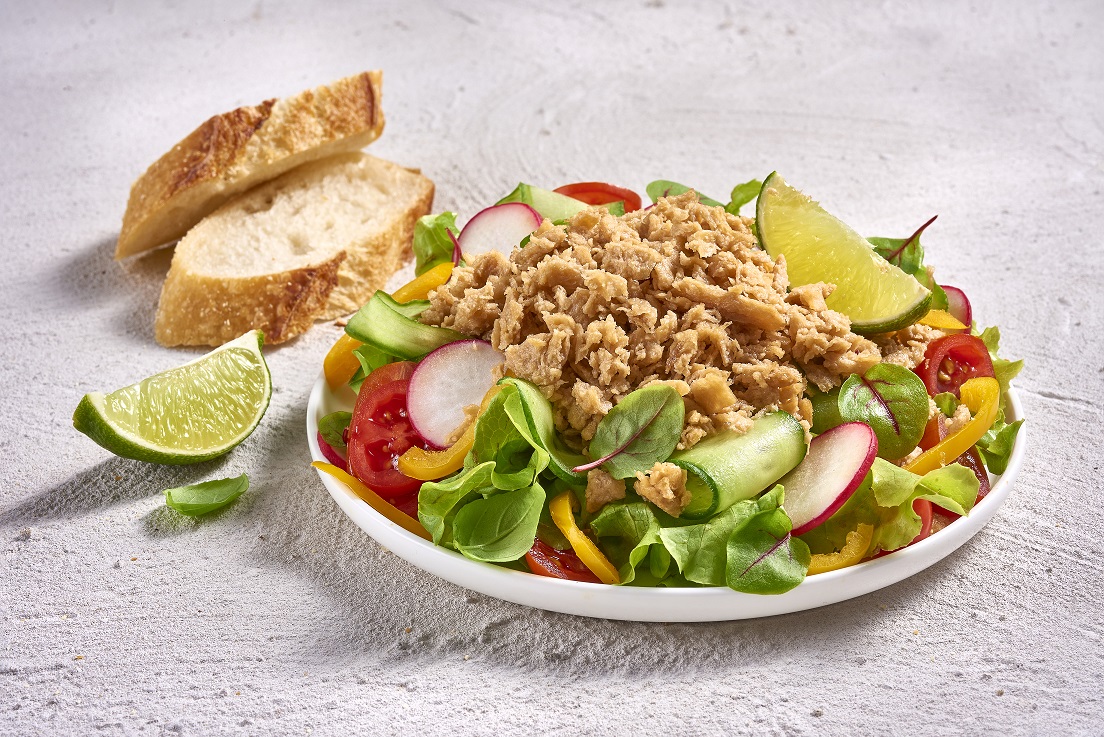
Image Source: V Garden
Nutritional profile and flavour
The overall protein composition of Vgarden's imitation tuna ranges between 11.2-14%. (before and after filtration). Traditional tuna contains much more protein: a can of tuna contains about 42g of complete protein. The substitute offered by Vgarden also contains fibres and sunflower oil. The company added that since its fish-free tuna is sourced outside of the marine ecosystem, it has more omega-3 fatty acids and is devoid of deadly metals, microplastics, or similar water contaminants.
Eliav stated, "One of our early development objectives was to build a very healthy and sustainable product. This served as our foundation because canned tuna is known for having a high protein content. We were told that the outcome is a "perfect tuna-eating experience. It simply has seven natural ingredients and is high in protein. We are currently striving to add Omega-3 fatty acids to our unique tuna. Like typical canned tuna, our vegan tuna flakes are preserved in sunflower oil.
Versatility of vegan tuna in global cuisine
The vegan tuna is made to be incorporated into any cuisine that calls for regular tuna, including tuna mayo sandwiches, salads, pastas, sushi, and pizza. According to the start-CEO up's Ilan Adut, "many food outlets are using our tuna analogue to make a traditional tuna niçoise salad or tuna pasta that will provide its discerning flexitarian clientele the entire experience of the genuine thing."
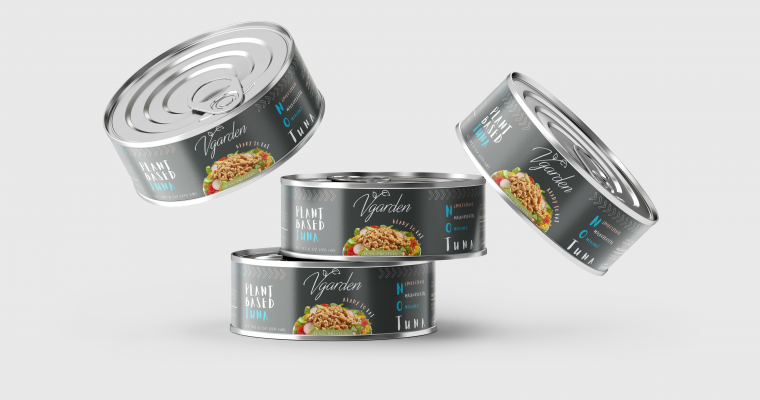
Image Source : V Garden
Accessibility of their products
The R&D team created a plant-based tuna that can be canned and sterilised at high temperatures while maintaining its flavour and texture to help with non-chilled storage, according to the brand. They claim that private-label sales of Vgarden's tuna-free product are available. It is already available in two packaging formats: tins for the "whole authentic tuna experience" and pouches for chilled storage in the retail and foodservice sectors.
The business expects to introduce its product in the eastern Mediterranean after selling it "all across" Israel, a few select nations in Europe, Australia, and North America.
AUTHOR

trending
Be a Vegan First Informer
Send us buzzworthy news and updates
Explore
Contact Us
About Us
Stay Connected
Copyright ⓒ 2017-2023. VEGAN PASSION PRIVATE LIMITED. All Rights reserved.
For more information, please write to hello@veganfirst.com
Registered Office Address: 55, 2nd floor, lane 2, Westend Marg, Saidullajab, Near Saket Metro Station, New Delhi, Gadaipur, New Delhi South West Delhi, DL


2.png)

.png)
.png)
2.png)
2.png)
2.png)


1.png)


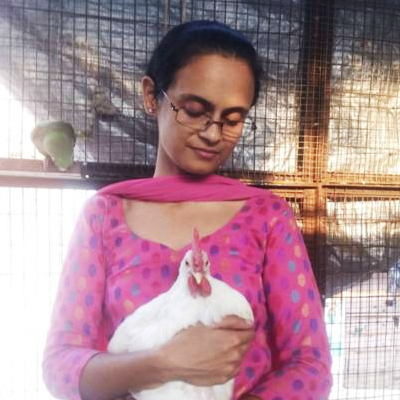




3.png)
